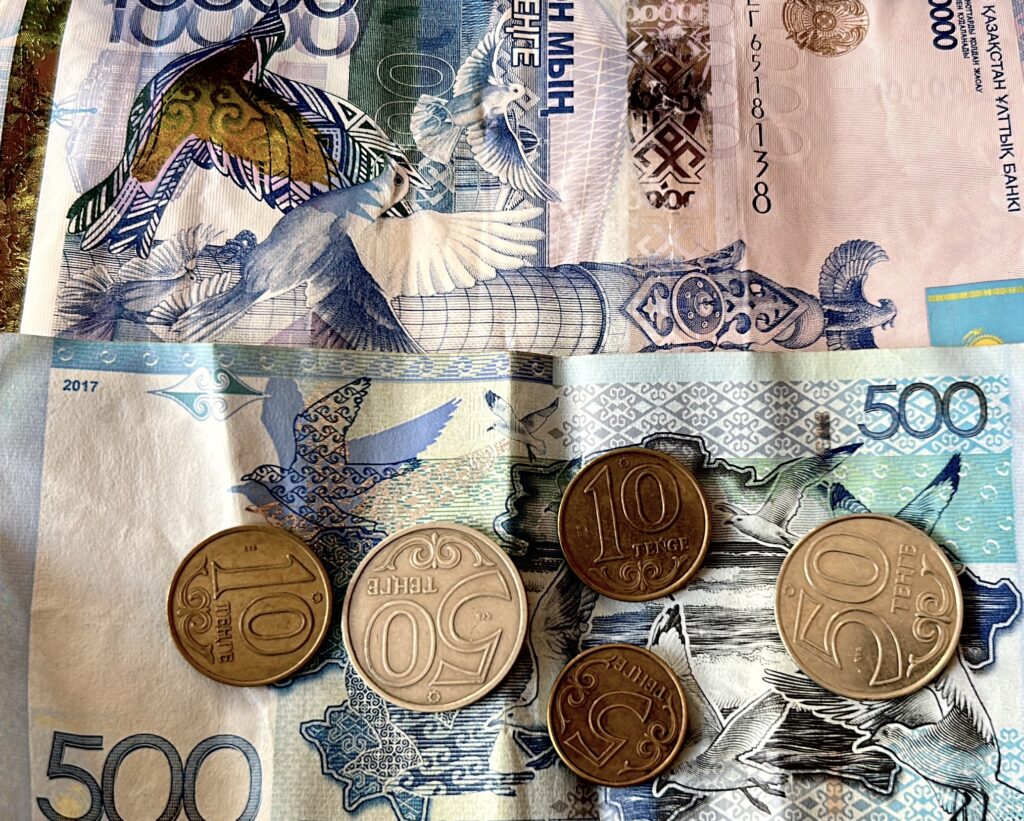Kazakh Government Prepares for Battle with Big Business Over Tax
Kazakhstan's government is entering a critical phase of its tax system overhaul, which is set to conclude by Nauryz, the country’s most significant Turkic holiday, beginning on March 21. The deadline for the ultimatum issued by Prime Minister Olzhas Bektenov to major businesses, accused of exploiting tax loopholes, will expire in the second half of March. The question remains: What happens next? Tax Reform: Eliminating Preferences The government has been pushing for tax reform, aiming to abolish a range of tax benefits, some of which date back to 2008 during the global financial crisis. However, the main point of contention now is the Special Tax Regime (STR), a more recent initiative. The STR was introduced in 2021 as a response to the economic crisis caused by the COVID-19 pandemic. Today, 2.3 million taxpayers in Kazakhstan operate under this system, yet only 8% (137,000 entities) are value-added tax (VAT) payers. Additionally, 81% of registered entities use the simplified tax declaration regime, with 85% reporting annual incomes of up to 15 million KZT ($30,000). Ultimatum to Developers Following a report by Minister of Finance Madi Takiyev on tax evasion practices, Prime Minister Bektenov singled out two of Kazakhstan’s largest construction companies, BI Group and BAZIS, accusing them of using legal loopholes to avoid paying fair taxes. “Unscrupulous entrepreneurs are exploiting various tax optimization schemes and paying amounts that do not match their billion-dollar revenues. We have a full list of such companies, including major developers like BI Group, BAZIS, and others, as well as well known restaurant chains, fitness clubs, and businesses across multiple industries,” Bektenov said. He then issued a demand: companies must voluntarily submit revised tax declarations within two weeks and pay appropriate taxes. Shortly afterward, it was revealed that BI Group was ordered to pay 11.9 billion KZT ($23.8 million) in additional taxes, while BAZIS must pay 4.6 billion KZT ($9.2 million) for 2022 and 2023. Developers Deny Allegations In response, both companies denied the accusations. BAZIS stated that its subsidiary structure was created to comply with Kazakhstan’s equity participation laws, not for tax evasion. “This is a legal requirement under Kazakhstani legislation, and we fully comply with it,” the company said. BAZIS also emphasized that it is regularly monitored by tax authorities and expressed concern over Bektenov’s remarks. BI Group, for its part, insisted that its tax deductions are audited annually by both state bodies and independent international firms such as KPMG and Ernst & Young. “The company has been audited annually for the last 10 years by KPMG and Ernst & Young, and no violations have been found,” BI Group stated. Ties to the Government BI Group has had close ties to the Kazakh government. In 2020, the company was tasked with building modular hospitals during the COVID-19 crisis. However, in 2021, the project came under corruption investigation, though the company was ultimately cleared. BI Group’s owner, Aidyn Rakhimbayev, remains a highly influential businessman. He is ranked 11th on Forbes Kazakhstan’s list of the country’s wealthiest individuals,...


